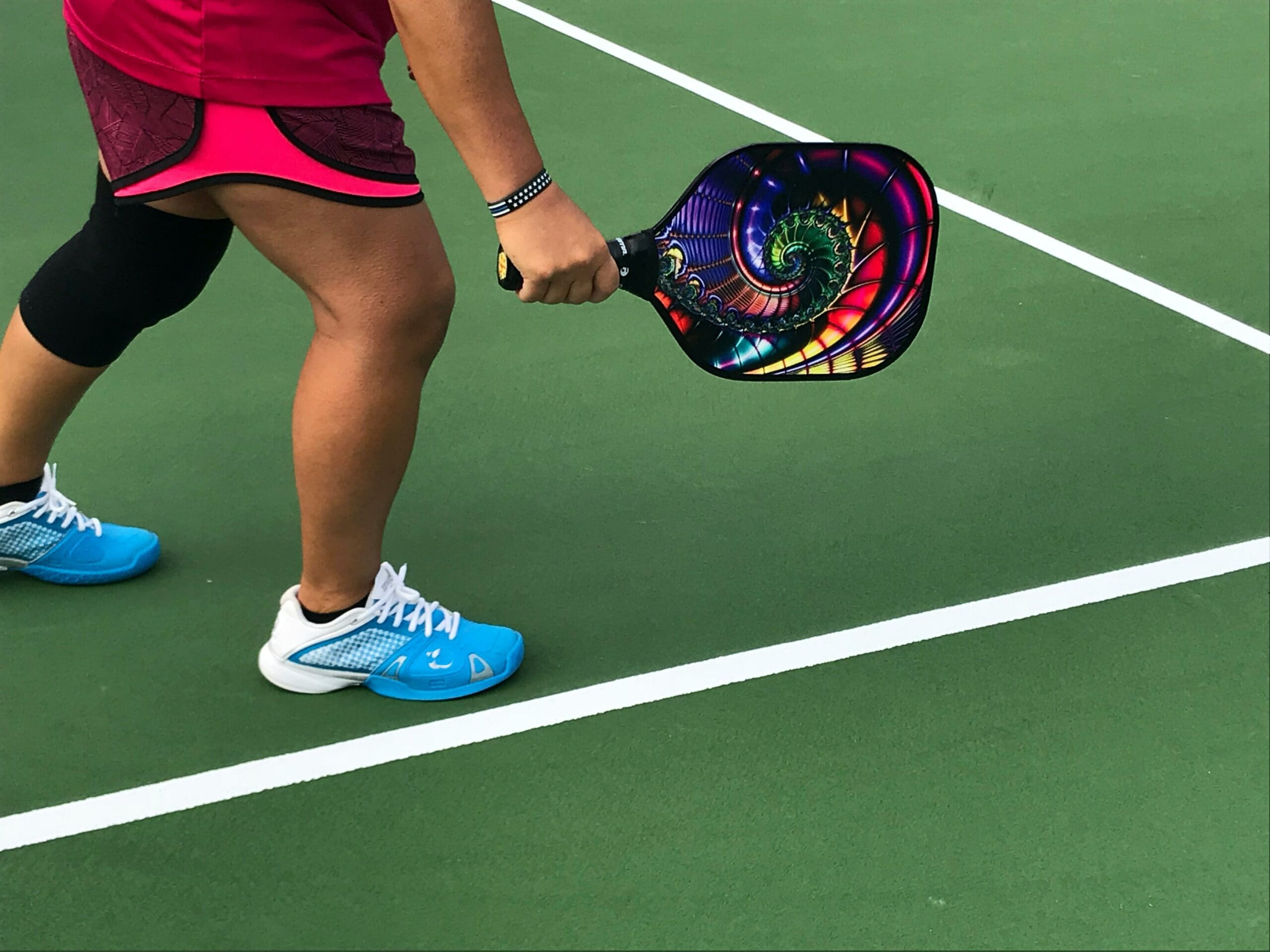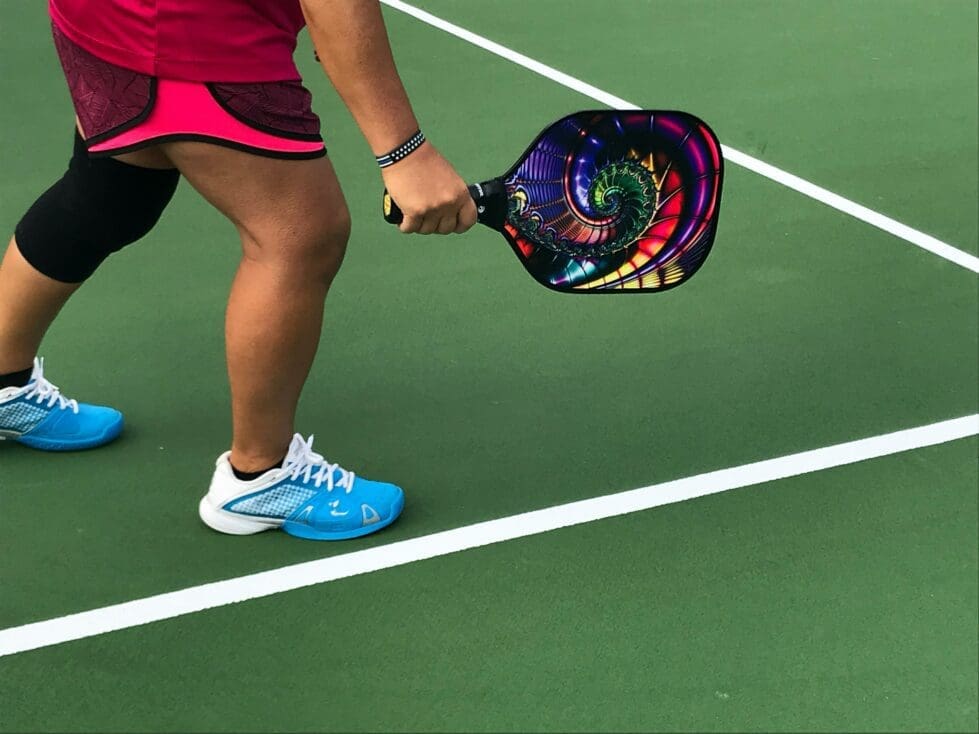Pickleball, the popular racket sport that combines elements of tennis, badminton, and ping pong, has been making waves in Delaware over the past few years. With a growing community of enthusiasts and a rising number of courts across the state, the game has captured the hearts of many. However, recently, confusion has struck the pickleball community as the rules governing the sport have come under scrutiny.
Pickleball, often dubbed the “fastest-growing sport in America,” is known for its simplicity and accessibility. Played on a badminton-sized court with a low net, the game is easy to pick up, making it an attractive option for people of all ages. But therein lies the issue – the rules of pickleball, while straightforward on the surface, can become convoluted as players delve deeper into the sport.
One of the primary sources of confusion is the “non-volley zone” or “kitchen.” In pickleball, players are not allowed to hit the ball while inside the non-volley zone, which extends seven feet from the net on both sides. This rule is intended to prevent players from dominating the net and engaging in volleys at close range, but it has led to debates about foot placement, the timing of shots, and even the height at which players strike the ball.

Jason Crowley, a longtime pickleball player from Wilmington, shared his frustration, “I’ve seen arguments break out over whether a player’s foot was an inch too far inside the kitchen or if their paddle was slightly over the net. It’s getting to the point where the game’s simplicity is overshadowed by these nitpicky disputes.”
Another contentious issue revolves around the service rules. In pickleball, the ball must be served underhand and contact must be made below the waist. However, interpreting the precise moment of contact and the position of the serving player’s body has led to disagreements on the court. This has left many players unsure if they are following the rules correctly.
Delaware’s pickleball community isn’t alone in facing these challenges. Across the country, players have encountered similar dilemmas, leading to calls for clearer guidelines and consistent officiating. The USA Pickleball Association (USAPA), the sport’s governing body, has been working to address these concerns.
In response to the confusion, the USAPA has recently released a comprehensive update to the official rulebook. The new edition aims to clarify existing rules and provide more detailed explanations and illustrations for players and referees alike. The hope is that these revisions will help reduce disputes and make the game more enjoyable for all participants.
Delaware’s pickleball players have welcomed these efforts but remain cautiously optimistic. Rachel Davis, a pickleball enthusiast from Newark, said, “I’m glad they’re trying to make the rules clearer, but it might take some time for everyone to adjust to the changes. We all just want to enjoy the game without getting bogged down in disputes.”
One solution gaining traction is the use of certified referees for competitive pickleball matches. Many players believe that having an impartial referee can help settle disputes quickly and maintain the integrity of the game. Delaware pickleball clubs and associations have begun offering referee certification courses to promote fair play and sportsmanship.
Delaware’s pickleball courts remain active, and the sport continues to attract new players. The confusion surrounding the rules has not deterred enthusiasts from enjoying the game. As the sport evolves and the rules become clearer, the community hopes to see pickleball thrive even further in the state.
The growing popularity of pickleball in Delaware has brought with it some challenges related to the interpretation and enforcement of the game’s rules. While the sport’s governing body, the USAPA, is taking steps to address these concerns through rulebook revisions and referee certification programs, players and enthusiasts remain eager to see a more consistent and enjoyable experience on the pickleball courts. Despite the confusion, the pickleball community in Delaware remains resilient and enthusiastic about the future of their beloved sport.

Share this Post




